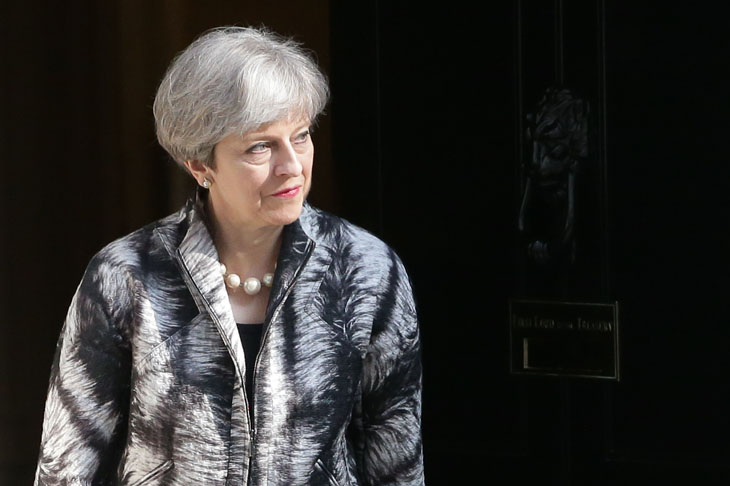Better access to education. Tax cuts for anyone in the struggling middle. More affordable homes, and more money for the National Heath Service. There is nothing wrong with Theresa May seeking to stake out the centre ground of British politics and stop Brexit turning into a right-wing campaign to turn back the clock. But one might have imagined she’d use conservative means to achieve this, rather than raiding Ed Miliband’s last manifesto for ideas. The proposed price cap on energy companies is an alarming example of Mrs May’s left turn.
There are so many ways in which the price cap is a genuinely terrible idea that it is hard to find space to list them all. But here are four big flaws to be getting on with.
First, there is no evidence anyone is making ‘excess’ profits. The energy sector is one of the most extensively monitored industries anywhere in the world. Last year, the Competition and Markets Authority finished a major review of the industry and concluded there was no need for price caps or further controls, and only recommended minor changes to the market. A similar investigation in 2008 had drawn the same conclusion.
Far from ripping off consumers, the energy business is now so competitive that it can be quite a difficult business to make money in — and certainly a difficult one to break into. Only last year GB Energy Supply, which claimed to be the cheapest supplier in the market, collapsed. If it was price gouging, it wasn’t doing it very well. The high price of power might have far more to do with the European Union’s demand for renewable energy sources and the backlash against fracking, which has made energy almost twice as expensive on this side of the Atlantic than it is in America. But in case anyone hadn’t noticed, we will soon be able to do something about those EU regulations.
The second drawback of price controls is that any new regime will be captured very quickly by lobbyists who will figure out how to game the system. Big companies are usually perfectly relaxed about regulated markets — it is the consumer who suffers. Competition worries the energy firms far more than the notion of price controls.
Thirdly, a more liberal, privatised energy market has been working reasonably well, especially when you take into account the sheer scale of investment required. The Conservative party privatised the industry in 1990 in the final wave of liberalising reforms. Costs have been kept under control, new energy sources have been developed and consumer choice has been introduced. We may not use it as much as we should, but one in six gas and electricity customers switched supplier last year. You couldn’t do that when it was all state-controlled. The government should be trying to build on that deregulating legacy — by having a completely open market in agriculture after we leave the EU, for example, or allowing driverless cars on the roads so we can innovate with new ways of working.
Finally, it might be an old point, but it can never be repeated enough: price controls never work. If they did, then why stop at energy? Why not caps for food, or school uniforms, or furniture — or rent? (This was another Labour proposal that may soon be arriving at a Tory manifesto near you.) While you are at it, why not place caps on the price of Sky Sports subscriptions (that would go down pretty well with the former Ukip voters the Tories are courting), or, come to think of it, Waitrose salads (which might tempt a few Remoaner defectors to the Lib Dems back into the fold)? The reason we don’t is because we know state control doesn’t work. If it did, the Soviet Union would not have failed. The Tories used to have a perfectly good method of controlling prices — it was called ‘competition’. And they used to be able to explain how it worked.
There is nothing wrong with Theresa May wanting to help families struggling to get by on stagnant real wages. But there are far better ways of doing it. She could try cutting the standard rate of income tax, which has been stuck at 20 per cent since Gordon Brown last reduced it in 2007. Or abolishing the green belt and scrapping planning regulations to reduce the prohibitive cost of housing. Or forcing the Bank of England to finally normalise interest rates, so that people get a return on their savings again.
Or indeed almost anything — because anything would be better than a throwback to the economics of 1970s South America, which is all that seems to be on offer in this general election.






Comments